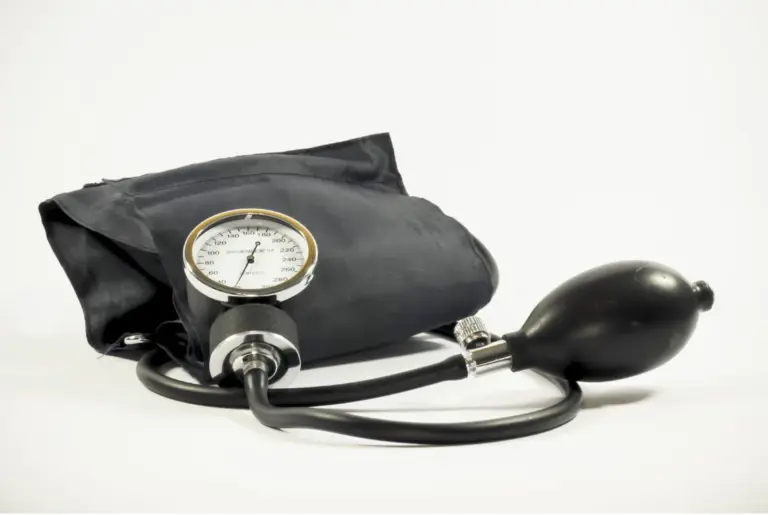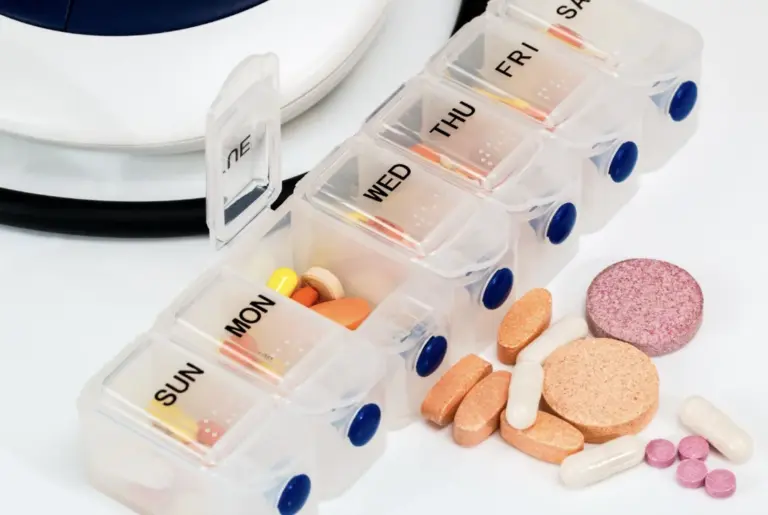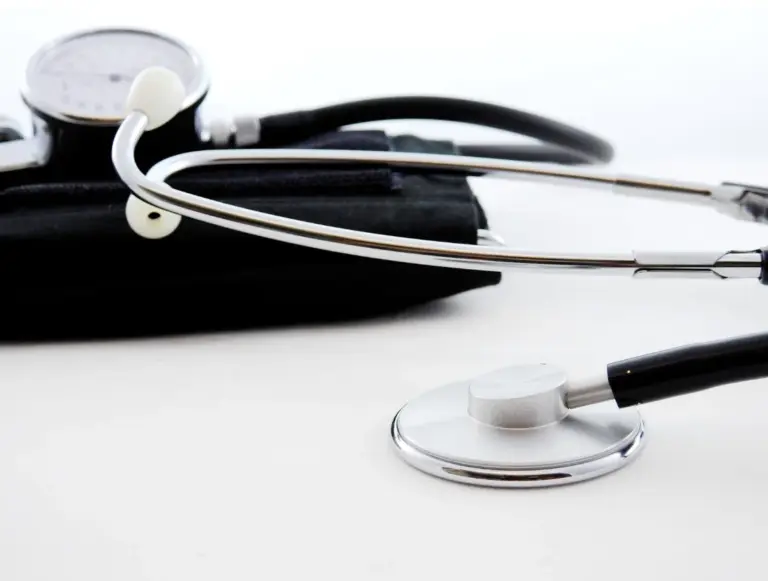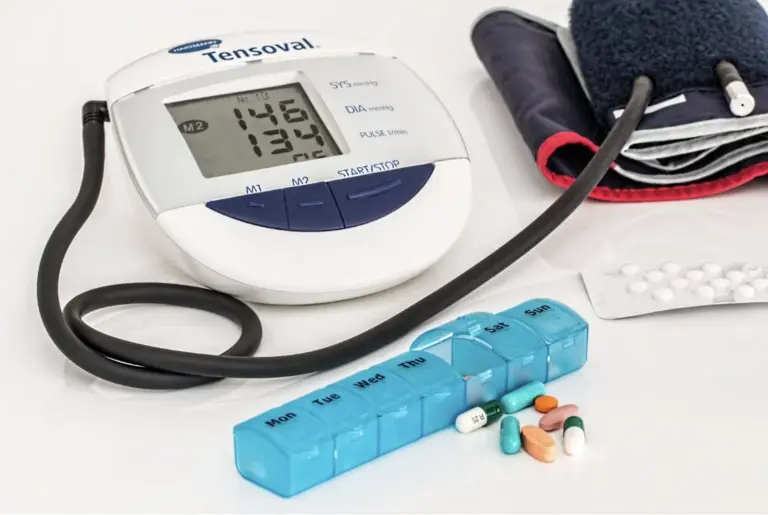Hypertension is a potentially threatening condition which, left unattended, can cause further complications to your body. It can cause significant damage to your blood vessels, which, as a result, can lead to issues such as kidney disease, cardiovascular (heart) disease, stroke (paralysis), and other health complications. Therefore, it is crucial to seek proper treatment if you have high blood pressure.
Importance of treating Hypertension
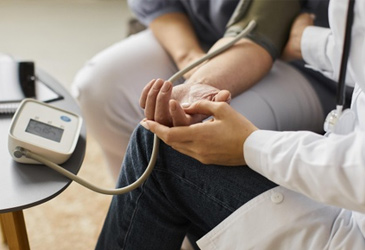
Treating hypertension can significantly prevent the complications, including the ones mentioned above. If your doctor suspects that you may have high blood pressure, he/she will examine you to confirm the diagnosis and recommend lifestyle and diet modifications. If other treatment options are not enough for lowering your blood pressure, your doctor is more likely to prescribe blood pressure medications.
When Will Your Doctor Prescribe Medications?
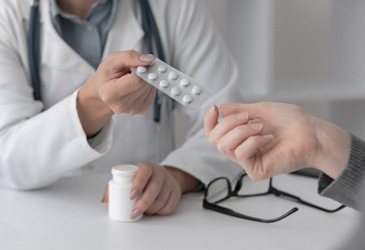 If your BP is 130 to 139 mmHg systolic or 80 to 89 mmHg diastolic, the doctor will advise strict lifestyle and dietary modifications and regular check of your BP (at least every 3 to 6 months).
If your BP is 130 to 139 mmHg systolic or 80 to 89 mmHg diastolic, the doctor will advise strict lifestyle and dietary modifications and regular check of your BP (at least every 3 to 6 months).
If your BP reading says your blood pressure 140 to 159 mmHg of systolic BP or 90 to 99 mmHg of diastolic BP, you are at Stage-1 (grade 1) of hypertension. If you do not have any other underlying medical condition, your doctor will recommend antihypertensive medications along with lifestyle and dietary changes. He/she will also repeat a blood pressure check after a couple of months.
If your blood pressure is 160/100 mm Hg or more (Stage-2), your doctor will recommend both intensive BP reduction with both lifestyle modifications and antihypertensive medications.
Hypertension Drugs And Their Benefits
In most cases, doctors happen to prescribe only one high blood pressure medication. However, if you have Stage-2 hypertension, he/she may use a combination of two drugs. There are different types of medicines available in the market to treat hypertension. Here is a list of some of the commonly used drugs:
-
Diuretics:
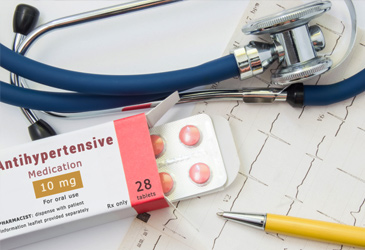 This class of medications is also known as water pills. These pills help remove sodium and water salt from your body, allowing your blood vessels not to hold excess fluid. Their longer use helps improve the blood vessel (arteries) elasticity. It helps in lowering your blood pressure.
This class of medications is also known as water pills. These pills help remove sodium and water salt from your body, allowing your blood vessels not to hold excess fluid. Their longer use helps improve the blood vessel (arteries) elasticity. It helps in lowering your blood pressure. -
Beta-blockers:
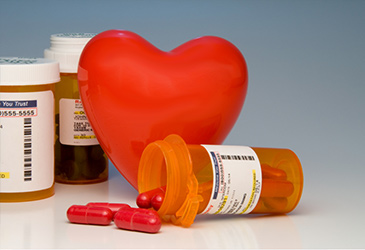 These drugs act by blocking the actions of epinephrine (adrenaline) on the heart and blood vessels. Allow your heartbeat to slow down, relax your blood vessels and let your blood pressure fall.
These drugs act by blocking the actions of epinephrine (adrenaline) on the heart and blood vessels. Allow your heartbeat to slow down, relax your blood vessels and let your blood pressure fall. -
ACE (Angiotensin-converting Enzyme) Inhibitors:
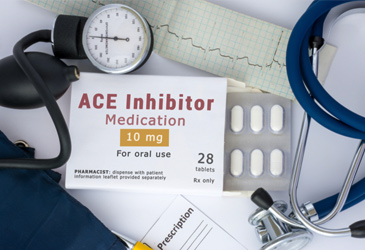 This type of medication reduces the synthesis of chemical angiotensin II (constrict/narrows the blood vessels) by inhibiting the angiotensin-converting enzyme. Reduced production of angiotensin helps your blood vessels relax and lowering your blood pressure.
This type of medication reduces the synthesis of chemical angiotensin II (constrict/narrows the blood vessels) by inhibiting the angiotensin-converting enzyme. Reduced production of angiotensin helps your blood vessels relax and lowering your blood pressure. -
ARBs (Angiotensin II Receptor Blockers):
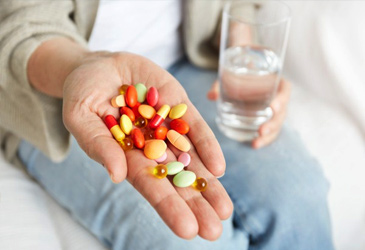 These blockers signal the passage of angiotensin II by blocking its receptors on blood vessels. This helps in reducing the effects of angiotensin on blood vessels (arteries and veins) and lowers the BP.
These blockers signal the passage of angiotensin II by blocking its receptors on blood vessels. This helps in reducing the effects of angiotensin on blood vessels (arteries and veins) and lowers the BP. -
Calcium Channel Blockers:
 This medication class of medications block the entry of calcium into blood vessel cells and thereby prevents their contraction. This helps in the relaxation of your blood vessels by lowering the amount of calcium entering cells.
This medication class of medications block the entry of calcium into blood vessel cells and thereby prevents their contraction. This helps in the relaxation of your blood vessels by lowering the amount of calcium entering cells.
Besides The Hypertension Medication Mentioned Above, Here Are Some Less Commonly Used Drugs:
- Alpha-blockers – that act on alpha receptors of adrenaline and block its action on blood vessels
- Centrally acting drugs – they reduce the stimulating response from the brain on blood vessels
- Vasodilators – they dilate the blood vessels by different mechanisms
- Renin-inhibitors – act by inhibiting renin which in turn reduce the production of angiotensin II
Benefits Of Treatment With Drugs

- Antihypertensive drugs provide many benefits which are listed below.
- Reduce the blood pressure effectively
- Reduce the risk of complications such as heart attack, stroke, heart failure
- Reduce the overall chances of death
- Improve overall health
Note of caution: Regardless of the stage of high blood pressure and the severity of the symptoms you have, make sure to get in touch with your doctor for advice on medications and lifestyle changes. Self-medication can be detrimental to your health.
Disclaimer
The information contained in this article is to educate, spread awareness in relation to hypertension and other diseases to the public at large. The contents of this article are created and developed by BPinControl.in through its authors, which has necessary, authorisations, license, approvals, permits etc to allow usage of this articles on The Website. The views and opinions expressed in this article are views, opinions of the respective authors and are independently endorsed by doctors. Although great care has been taken in compiling and checking the information in this article, The Website shall not be responsible, or in any way liable for any errors, omissions or inaccuracies in this article whether arising from negligence or otherwise, or for any consequences arising therefrom. The content of this article is not a substitute for any medical advice. The Website shall not be held responsible or liable for any consequence arising out of reliance on the information provided in the article.

